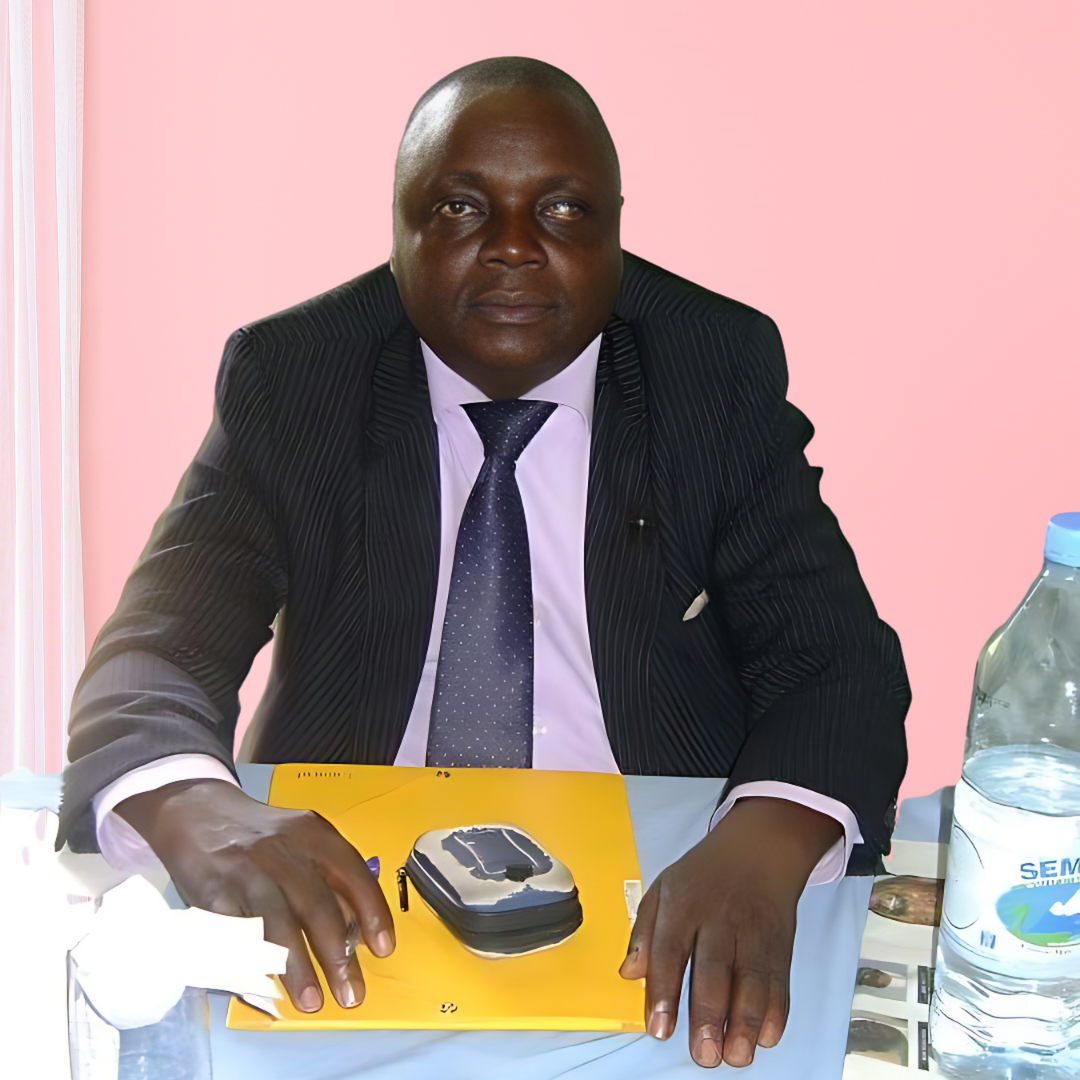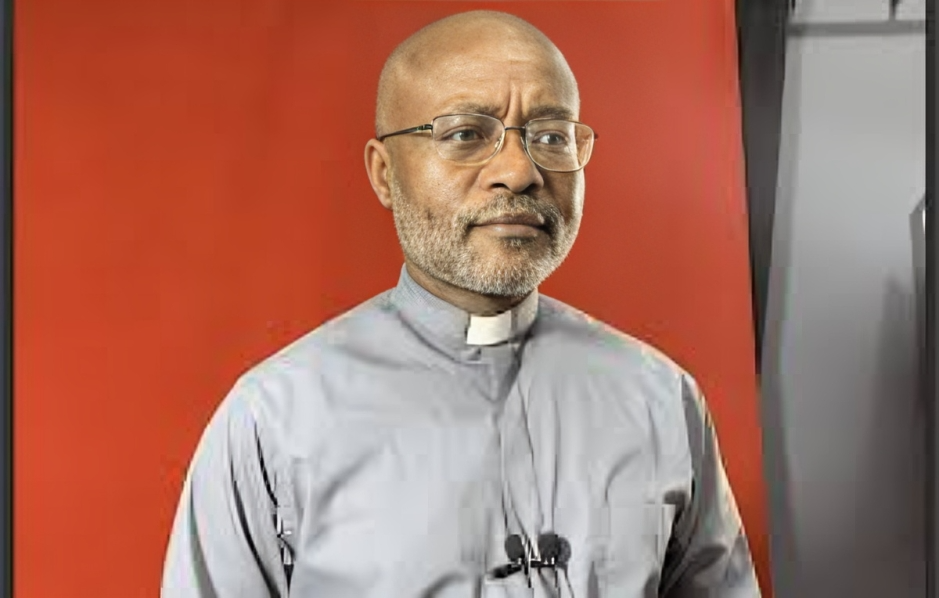In a bold and unexpected move, Reverend Father Ludovic Lado, a Jesuit Priest of the Roman Catholic Church and a fervent critic of the Cameroon Government has declared his intention to run for Parliament in the 2026 local elections. The 54-year-old priest made the announcement in a social media post on December 27, 2024, sparking widespread discussion and debate.
Background and Advocacy
Father Ludovic Lado is well-known for his outspoken criticism of President Paul Biya’s regime, which has ruled Cameroon for over four decades. He has been a vocal advocate for good governance, human rights, and anti-corruption measures in the country. Earlier this year, he launched a movement called “Servir” (Serve), aimed at mobilizing the Christian electorate for massive participation in the 2025 presidential elections. The movement’s slogan, “Social justice, common good,” reflects Father Lado’s commitment to these principles.
The Announcement
In his declaration, Father Lado emphasized the need for change in Cameroon’s legislative body. He stated, “The forces of change in Cameroon must take control of parliament in 2026. I am no longer excluding being a parliamentary candidate in the Bamboutos in 2026.” Despite the restrictions provided by Canon law on priests holding political or civil posts, Father Lado’s decision underscores his determination to bring about change from within the political system.
Canon Law and Political Candidacy
The announcement has raised questions about the compatibility of Father Lado’s candidacy with Canon law. Canon 285 of the 1983 Code of Canon Law prohibits Catholic clergy from holding public offices that involve civil power. However, in some cases, priests may need permission from their Bishop to run for public office. The National Episcopal Conference of Cameroon has not yet commented on Father Lado’s candidacy.
Public and Political Reactions
Father Lado’s decision to run for Parliament has garnered mixed reactions. Supporters view his candidacy as a courageous step towards addressing the country’s longstanding issues of governance and corruption. Critics, however, question the feasibility of a priest holding a political office and the potential conflicts it may entail.





